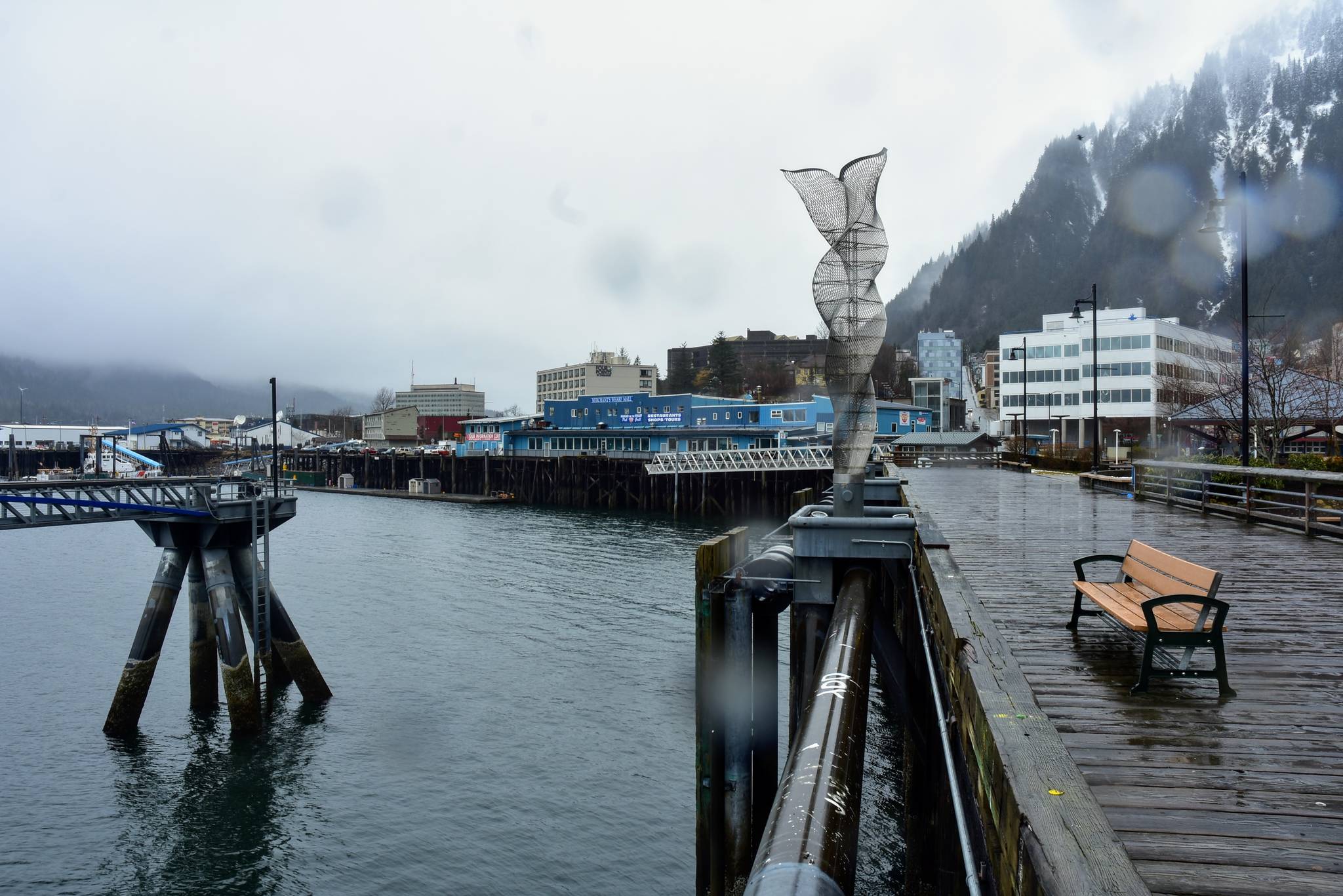Clarification: This article has been updated to better clarify Princess Cruises’ vaccine policy.
Cruise ships are getting closer to sailing again after the Centers for Disease Control and Prevention issued new guidance Friday, but with Canada’s ban on cruises still in place, Alaska’s cruise ship season remains uncertain.
Even with the new guidance, most large cruise ships are still unable to visit Alaska this summer due to laws requiring a stopover in Canada, which remains closed to cruising. The Alaska House of Representatives last week passed a resolution urging either Congress or President Biden to use their authority to temporarily waive those laws, but currently only small cruise ships of 100 passengers or less are scheduled.
Alaska’s congressional delegation has submitted bills for those waivers, but state lawmakers and others have voiced concerns about a potentially lengthy legislative process. The resolution approved by the House also asks President Biden to use his authority to allow the large ships to sail directly between Seattle and Alaska, bypassing the requirements of the Passenger Vessel Services Act, which requires a stopover in a foreign port for certain ships.
The new guidelines set out a series of steps companies must take before sailing again, such as testing and vaccination protocols, and allow companies to conduct test sailings for staff to practice new protocols. Companies will also have to assure local authorities that cruise lines have the medical infrastructure in place to manage an outbreak of COVID-19 on their ships.
[House OKs resolution urging federal action to allow cruise ships to come to Alaska]
The CDC’s new guidance does not require passengers to be fully vaccinated to sail, but it recommends testing and vaccines remain an integral part of cruise ship companies’ health mitigation strategies.
Some cruise ship companies, however, have already announced their passengers must receive vaccines to travel. Norwegian Cruise Line and Princess Cruises are both requiring vaccines for passengers, even after Florida Gov. Ron DeSantis issued an executive order preventing businesses from doing so. Currently, Princess Cruises is only requiring vaccines for cruises in the U.K.
House Republicans attempted to insert similar language into a bill extending the state’s disaster declaration last month through a series of last-minute amendments on the House floor, but those were voted down.
Alaska-specific issues
The CDC has not yet issued a date when sailings can resume, but Norwegian Cruise Line’s parent company said in a letter to investors Monday the company hopes to begin sailings on July 4. In a statement, Norwegian Cruise Line Holdings CEO Frank Del Rio said he sent a letter outlining the company’s plans to the CDC, saying he wanted to work cooperatively with the agency to get ships sailing again.
Del Rio’s letter was also sent to a number of federal officials and congressional and local representatives in Florida, where the company is headquartered. Sen. Dan Sullivan, R-Alaska, is the only Alaskan official listed as a recipient of the letter, according to the company’s website.
But both of Alaska’s senators, Sullivan and fellow Republican Lisa Murkowski, released a joint statement Monday praising the release of the new guidance while criticizing the CDC for not releasing the information sooner. Cruise lines and local communities need time to implement guidelines, the senators said, and the lack of guidance hindered that process for Alaskans.
“There is still a lot of work for the cruise lines and our port communities to do to implement the CDC instructions issued today, but we are encouraged by (CDC Director Dr. Rochelle Walensky’s) projections that, with this guidance and timely implementation of the next phases, we could see cruise ships in U.S. waters as early as mid-summer,” the senators said in their joint statement.
The senators said in their statement that they and Rep. Don Young, R-Alaska, were pursuing potential solutions to the Passenger Vessel Services Act issue, including legislation and possible workarounds with the Canadian government.
“Without cruise ship passengers, Alaska’s tourism-dependent businesses and communities have endured well over a year of lost revenue due to the COVID-19 pandemic and the resulting travel restrictions,” the senators said.
• Contact reporter Peter Segall at psegall@juneauempire.com. Follow him on Twitter at @SegallJnuEmpire.

